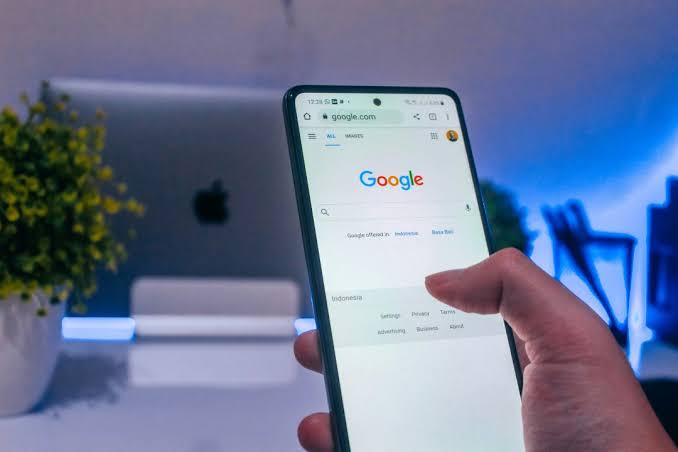Generation Z, the tech-savvy cohort born between 1997 and 2012, is increasingly turning to social media platforms like TikTok and Instagram for their search needs instead of traditional search engines like Google. A recent study by Forbes Advisor and Talker Research reveals that 45% of Gen Z are more likely to use social media for searching, compared to only 35% of millennials and even fewer older generations.

This shift in search habits is driven by Gen Z’s preference for visual content, quick answers, and personalized recommendations that social media platforms excel at providing. TikTok, in particular, has emerged as a popular alternative to Google for finding information, with its short, engaging videos and tailored content.
“Younger audiences are ‘searching’, not ‘Googling’,” said Mark Shmulik, an analyst at Bernstein Research. “And they increasingly head to social media like TikTok for restaurant recommendations, directly to scaled aggregators like Amazon for retail, and Generative AI search like ChatGPT to get their homework done.”
The move away from traditional search engines is not limited to Gen Z. The study found a 25% decrease in Google usage between Gen Z and Gen X, and a 30% decline between Baby Boomers and Gen Z. This data points to a significant evolution in search behavior across generations, with younger users gravitating towards platforms that better suit their informational needs and lifestyles.
Social media platforms have taken note of this trend and are adapting accordingly. Instagram and TikTok have introduced e-commerce features and targeted ads to capitalize on Gen Z’s prolific online shopping habits, generating $11 billion in U.S. ad revenue from minors alone in 2023[6]. With Gen Z’s spending power predicted to reach $12 trillion by 2023, according to NielsonIQ’s “Spend Z” report, the potential for social media platforms to drive commerce is immense.
Google, on the other hand, is facing challenges in adapting to the changing search landscape. The tech giant recently lost an antitrust lawsuit, with a federal judge ruling that it monopolized the search market[6]. As younger generations increasingly turn to social media and AI-powered search tools, Google must find ways to stay relevant and engaging.
“Something like almost 40% of young people, when they’re looking for a place for lunch, they don’t go to Google Maps or Search,” said Prabhakar Raghavan, a Google senior vice president, referencing internal company data. “They go to TikTok or Instagram.”
To address this shift, Google has invested in visual search technologies, such as augmented reality glasses with “multi search” features and an “Ask Photos” feature that uses AI to answer questions about images. However, the company acknowledges that it must develop “completely new expectations” and underlying technologies to cater to the preferences of younger users.
As Gen Z continues to shape the future of search, businesses and marketers must adapt their strategies to reach this influential demographic. Optimizing for social media platforms, leveraging influencer marketing, and creating engaging visual content will be key to success in search engine optimization.




